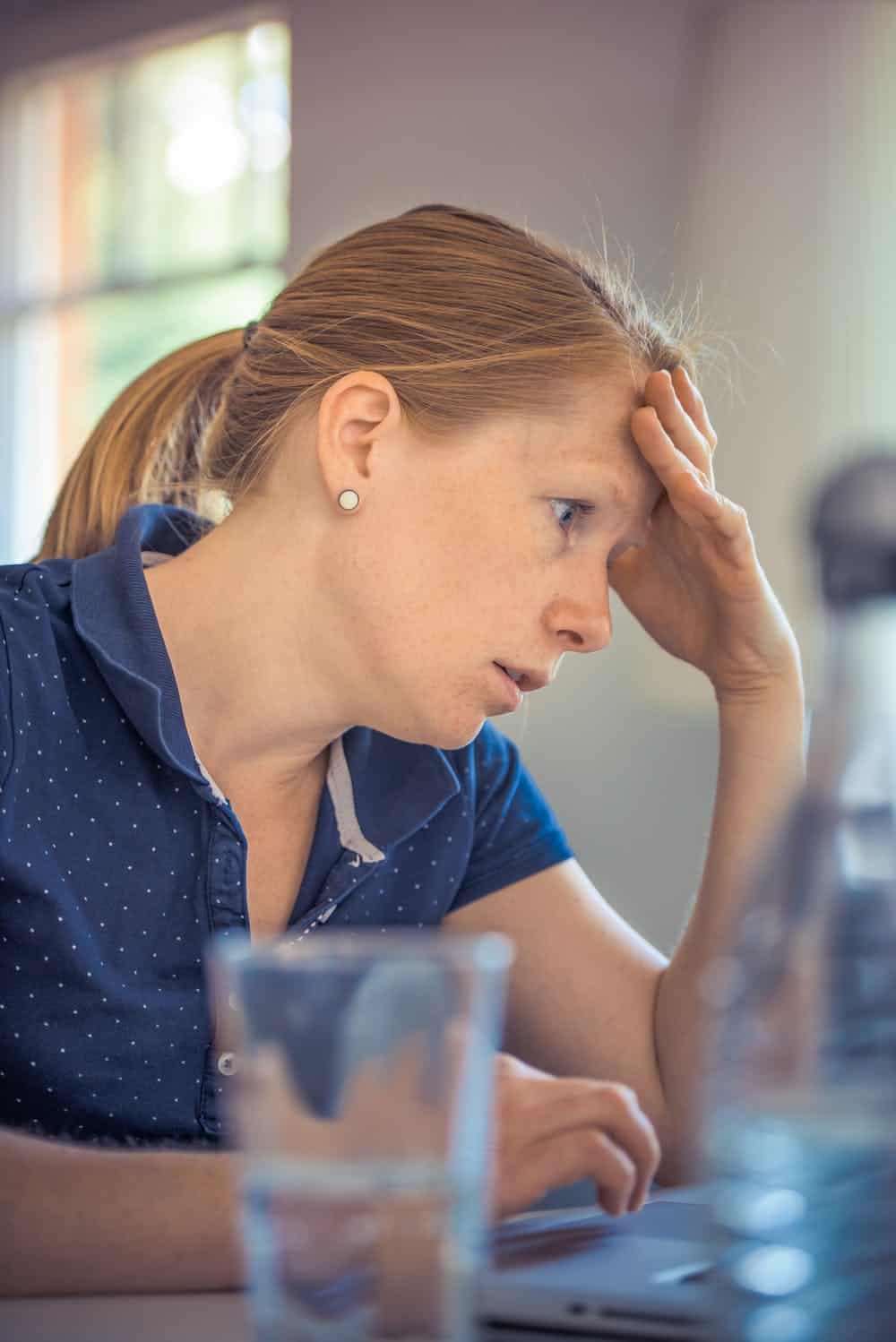
March 17, 2020
In the wake of COVID-19, there is a viral spread of anxiety symptoms. Panic or mayhem is as contagious as any epidemic and is dangerous in its own way. Research shows that when we see people panicking – buying all available meats or water, for example – our brains respond with a spike of anxiety. We respond in that way because it can be adaptive in certain situations. However, it can also be maladaptive. Sustained anxiety is extremely bad for your health. The more you panic, the less functional your immune system becomes.
The science of anxiety is that, in the situation of a real or fake emergency, your sympathetic nervous system (SNS) turns on, triggering cortisol, the release of a stress hormone. Over time, cortisol damages your immune system, causing a decrease in white blood cells or the cells that help you fight off viruses, putting you at greater risk of infection. Essentially, the more you panic, the less able your body is to fight off illness and the more prone you are to becoming sick. It’s therefore important to manage your stress response. This cognitive-behavioral therapy (CBT)-based tips can help:
1. Check your sources. Try not to get your news from social media, your paranoid friends, or any website that isn’t reputable. You are prone to believing the things you read when you are anxious, so carefully filter what information you absorb. The internet is flooded with inflammatory reports and panic-inducing stories. Indeed, that’s how most news outlets win followers. The CDC is your best source for reliable health updates.
2. Do not contribute to the panic. You can talk to friends and family about your fears, but do not flood social media with your anxieties. Take care of your friends and loved ones by reducing anxiety contagion. Hold off on posting photos of empty grocery stores and sharing a horror story you just heard. Avoid shouts, exclamation points, or texts in all caps as these can all induce panic. If you have friends who are uploading inflammatory posts, temporarily mute them.
3.. Establish a daily schedule. Social distancing and isolating at home present their own unique challenges, one is the loss of your daily routine. This can make us feel anxious and unregulated. Come up with a new routine that involves as many components of your regular life as possible, including a wake-time, a sleep-time, exercise, social engagement, and 3 meals.
8. Leave the house. The CDC has not yet prohibited you from going places. Do not fall into the trap of becoming a couch potato in your pajamas for days on end. It will only increase the likelihood that you will get more anxious and depressed. Go outside and visit nature, even if you just stand in the sun for 10-minute intervals. Go for a walk with your kids, take a drive, bring the dog to the park, water your garden.
11. Stay busy! If you have nothing to do, your mind will fixate on your anxieties. Distract and soothe using physical activities or exercise (build something, draw, write, bake, exercise), cognitive activities that engage your mind (Sudoku, crossword puzzles, books, movies, board games) and sensations (take a bath, drink a mug of hot tea, eat a favorite meal, listen to soothing music). This is the time to take care of your brain and body.
Finally, share this with others. You never know who needs to unwind or is unsure of how to create social distance. Plus, you might notice a difference in those who are panicking around you.
©2025 Angelina H. Rodriguez, Ph.D., LPC-AT/S, ATR-BC
4747 Bellaire Blvd., Ste. 545, Bellaire, Texas 77401 | Call 832-986-8477
Office Hours: MON - FRI 9:00 am to 6:00 pm
Privacy Policy | Site Map
Leave a Reply